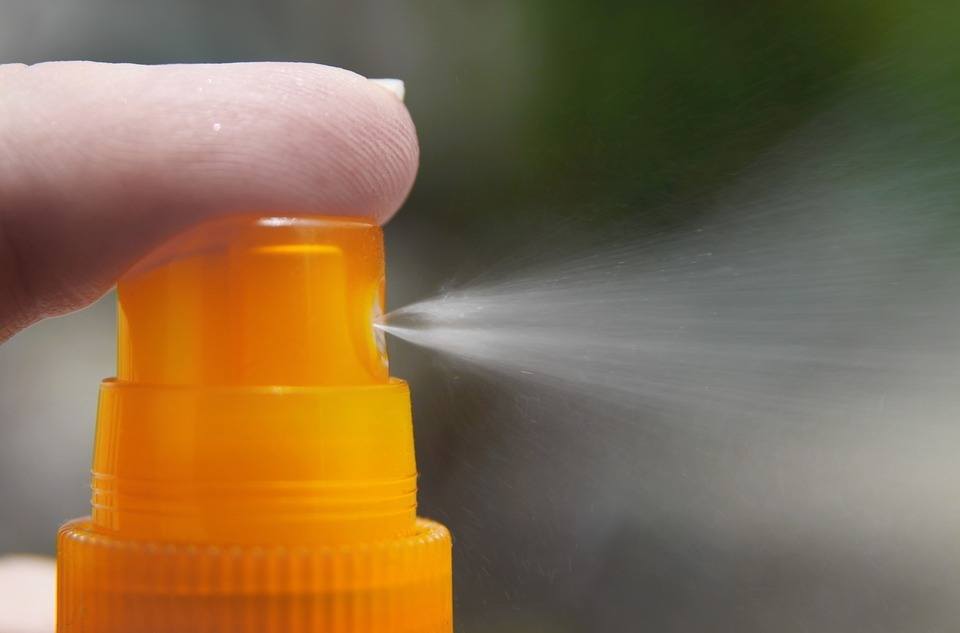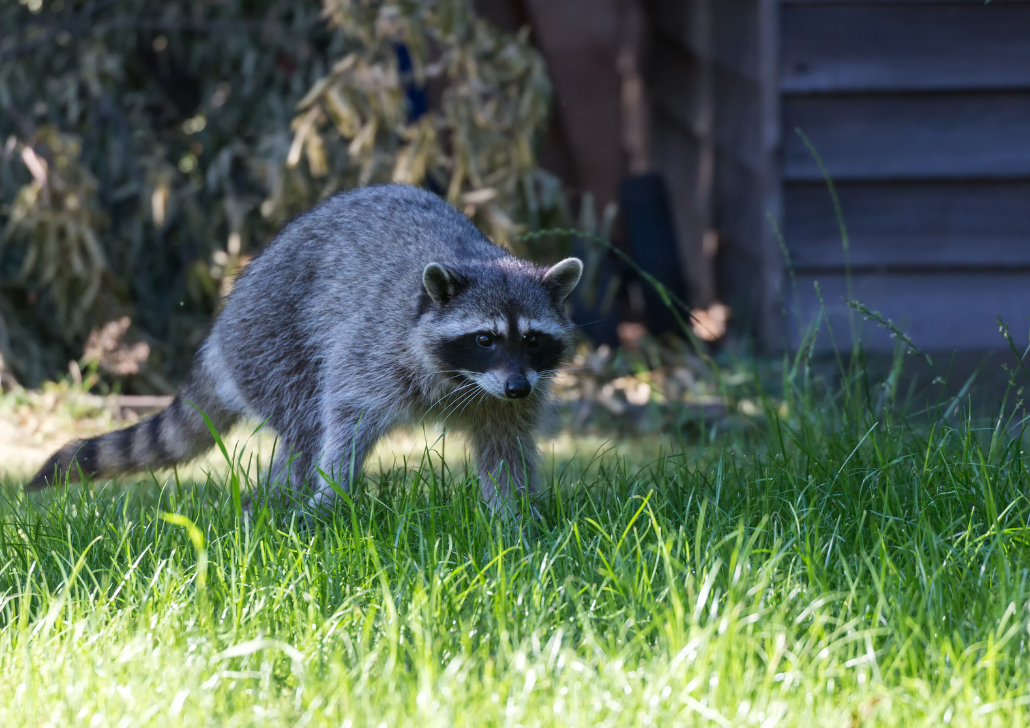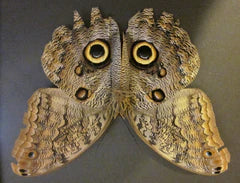Natural Animal Repellents - Do They Work?

Do Natural Animal Repellents Work?
Many of us have been told by reputable sources that natural and homemade animal repellents work better than any commercial products you can buy at a store. Natural animal repellents are either taste-based or scent-based and can be made or enhanced with products you probably have in your kitchen cupboard.
There are basically two reasons people want to try homemade or natural animal repellents: they are safe and they are inexpensive. The effectiveness of any natural animal repellent depends on the strength of the repellent applied. So yes, they can work but how effective they are can vary widely.
How to Make Natural Animal Repellents?

Garlic Deer Repellent
If you have deer feeding in your vegetable garden or destroying your ornamental flowers this natural solution will work for you. It’s easy to make and apply and costs next to nothing. For this recipe you can use fresh garlic cloves or garlic powder. If using fresh garlic take 2 cloves and grind them using a mortar and pestle or mince very finely with a knife. The idea is to allow the garlic to release it pungent oils. Boil about 4 cups of water on the stove and take the ground or cut garlic and place it in the boiling water. The water will force the oil out of the garlic. Remove the water from the heat and let the garlic steep until the water has cooled to room temperature. Pour the cooled garlic “tea” through a fine strainer into an clean, empty spray bottle. Spray liberally on the plants’ leaves and the ground around each plant. Deer will detect and avoid the garlic scented areas. This natural repellent garlic “tea” also works for rabbits.Hair Repellents

Soap Repellents

This type of natural animal repellent can be used in several ways. The first is to make slivers of soap using a knife or grater. Many gardeners who employ this method swear by Old Spice or Irish Spring brands. The stronger it smells, the better it works. Floral scented soaps are ineffective so do not use them. Sprinkle the flakes or slivers of soap around the base of plants and deer will stay away. The second way is to make a soap spray using dishwashing detergent. Take a 1 quart spray bottle and fill it to the top with warm water. Put several squirts of the liquid detergent into the bottle and shake well. Spray the plants including the bottoms of the leaves. The soap changes the smell and taste of the plant and will keep deer, rabbits, chipmunks and even insects away.
Predator Urine Repellents

For the ultimate in natural animal repellents nothing beats urine. Rabbits, deer, mice, rats, rabbits, raccoon, skunk and squirrels are all prey animals and stay alive by being aware of who’s been in their neck of the woods. Their natural predators include wolf, bobcat, coyote and fox. All these urine types are available at sporting goods’ stores in the hunting section. They can also be purchased online for a reasonable price. To make a “urine station” get an unused margarine or butter container and drill small holes all around the sides. Do not drill the bottom. Take several small sections of an old rag and soak it in the urine. Place a rag section in a sandwich bag and poke holes on the side that faces up. The bag will help keep the rag from drying out too quickly thereby extending the time between re-applications. Take the bag with the rag in it and put on the ground around the area you want to protect. Place the margarine container upside down over the bag so the bottom faces up. Place the “urine stations” every 10 feet or so around the perimeter of your garden or flower bed. Some gardeners also use ammonia-soaked rags as it has a similar scent as predator urine.
Herb Repellents

Hot Pepper Repellents

As a natural animal repellent, the hotter the pepper the better it works. Powdered Cayenne, Chile and Jalapeno are favorites and easily obtainable from the herb section of your local grocery store. Add a tablespoon of powdered peppers to a quart of boiling water, let cool and fill spray bottle. Spray the tops and bottoms of the leaves. Sprinkle hot pepper flakes around the base of the plants or where animals may be digging for bugs.
The Downside to Natural Animal Repellents

All of the above natural animal repellent recipes, while they work well, are susceptible to rain and weather which will quickly dissipate their strength. Frequent re-applications are necessary to ensure that animal pests stay away. Commercial solutions do tend to remain effective for longer periods of time but may contain chemicals that you may want to avoid using on food plants.




